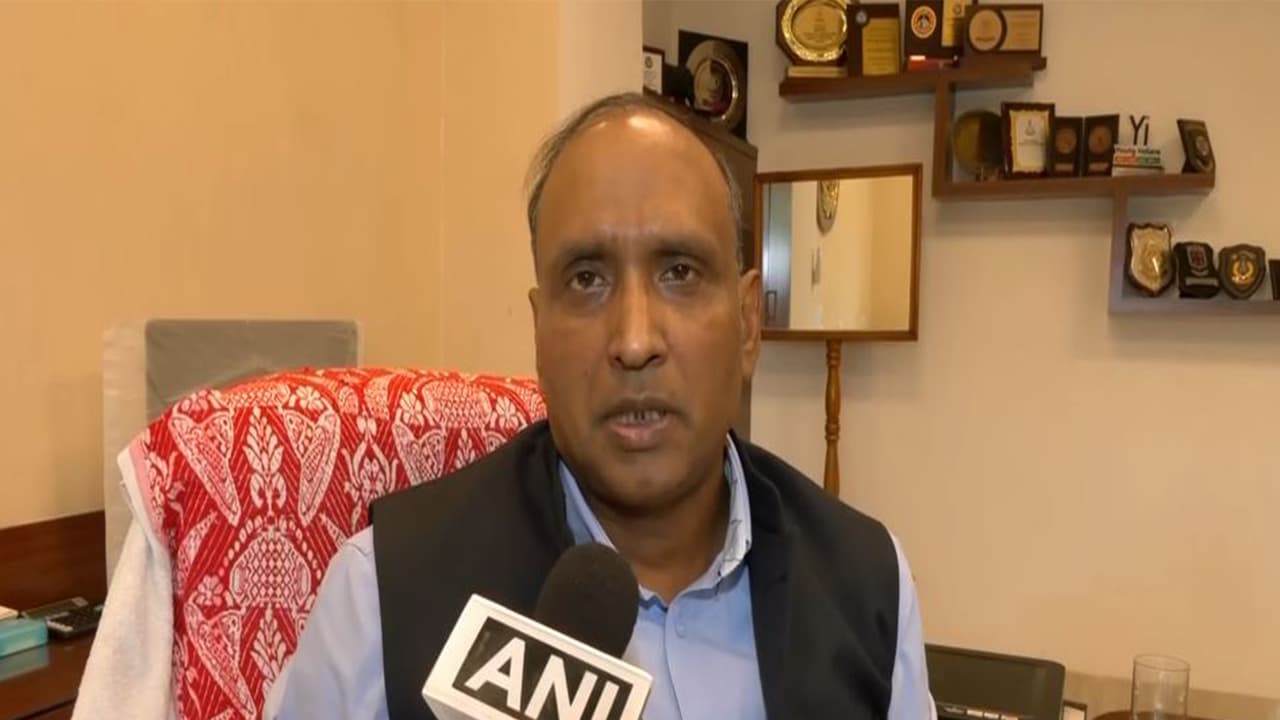Assam has secured the top rank in India for implementing the new criminal laws, achieving a score of 76% against the national average of 44%. Special DGP Munna Prasad Gupta attributed the success to administrative reforms and ICT integration.
With a score of around 76 per cent compared to the national average of 44 per cent, Assam has ranked number one position across the country in implementing the new criminal laws, said Special DGP (CID) Munna Prasad Gupta on Sunday. Assam leads the country in various parameters, including administrative reforms, efficiency, and ICT integration.
Assam’s Top Rank in MHA Evaluation
Gupta told ANI that Assam has ranked number 1 in the country in different parameters in implementing the new criminal laws. “As we are aware that three new criminal laws, Bharatiya Nyaya Sanhita (BNS), Bharatiya Nagarik Suraksha Sanhita (BNSS), and Bharatiya Sakshya Adhiniyam (BSA) came into effect from 1st July 2024, replacing the erstwhile Indian Penal Code (IPC), the Code of Criminal Procedure (CrPC), and the Indian Evidence Act (IEA). These three reforms were brought in to ensure quicker delivery of justice in a citizen-friendly manner. We have been implementing these laws since July 1, 2024, and we have fully implemented these laws. We are happy to share that the Ministry of Home Affairs has evaluated the states on various parameters, including Operational Efficiency, Administrative Reforms, use of Information and Communication Technology, and Integration of ICJS. On these parameters, we have been evaluated and ranked number 1 in the country. This has helped us in terms of knowing what the areas are in which we still need to improve so that we can further improve our performance in implementing the new criminal laws and delivering quicker justice to the citizens,” Gupta said.
Scoring and Dynamic Ranking
He further said that various parameters have been evaluated, weightage has been provided, and marks have been assigned. “The national average is around 44 per cent, but in Assam, we have scored almost 76 per cent as of today, and we ranked first. It is a dynamic process; it is not a time process. This data is continuously collected from the ICJS and CCTNS systems, and the states are continually evaluated. The rank could change depending on our performance. As of today, we are number 1, and we will strive to improve further so that we can do justice and carry out investigations and prosecutions in a timely manner. Our police personnel are working very hard, and the credit goes to them all. We have been helped by the Government of India, MHA and other agencies for training our personnel and also building up the required infrastructure,” Gupta said.
Impact on Conviction Rate and Justice Delivery
The conviction rate in Assam has increased to 66% under the new laws, a significant rise from around 25% previously. The new laws are designed to be more victim-centric, incorporating provisions such as “zero FIRs” and mandatory use of technology during investigations and videography of search and seizure operations.
About the New Criminal Laws
India’s new criminal laws, which came into effect on July 1, 2024, replace the Indian Penal Code, Code of Criminal Procedure, and Indian Evidence Act with the Bharatiya Nyaya Sanhita, Bharatiya Nagarik Suraksha Sanhita, and Bharatiya Sakshya Adhiniyam, respectively. The new laws aim to create a more modern, victim-centric, and justice-oriented system by increasing the use of technology for evidence, streamlining procedures to expedite trials, and strengthening protections for women and children. Key features include mandatory forensic evidence collection for serious crimes, video-graphed evidence, electronic service of summons, and new offences like sexual intercourse on false promises of marriage. (ANI)
(Except for the headline, this story has not been edited by Asianet Newsable English staff and is published from a syndicated feed.)
